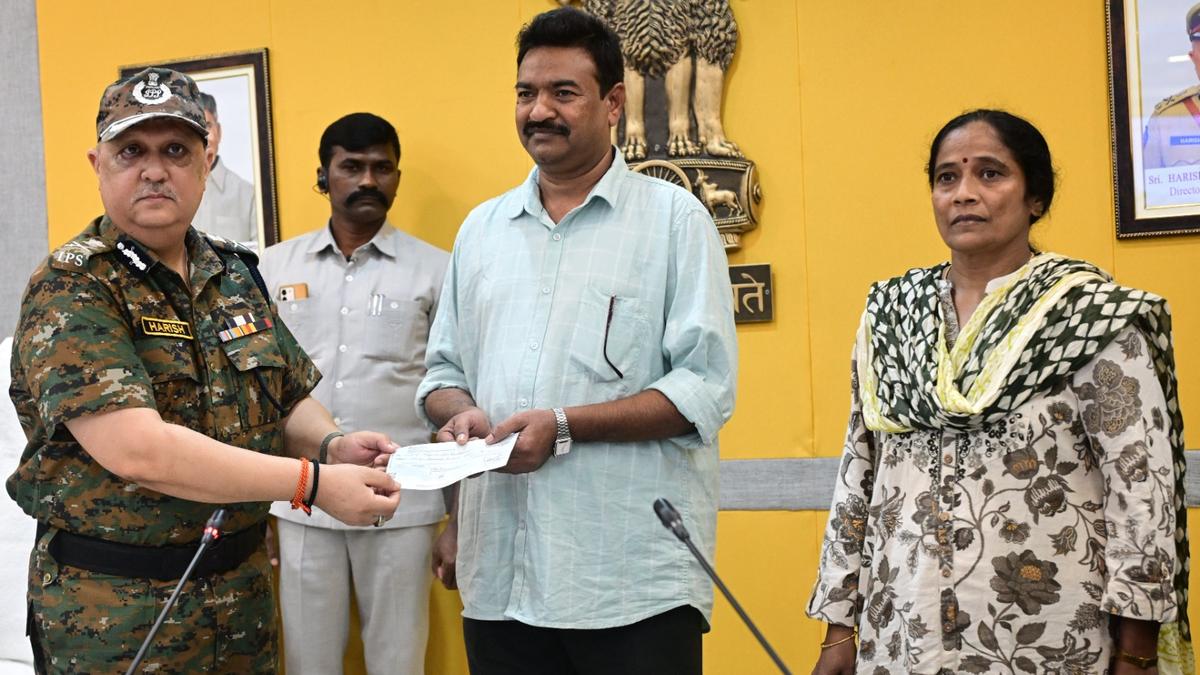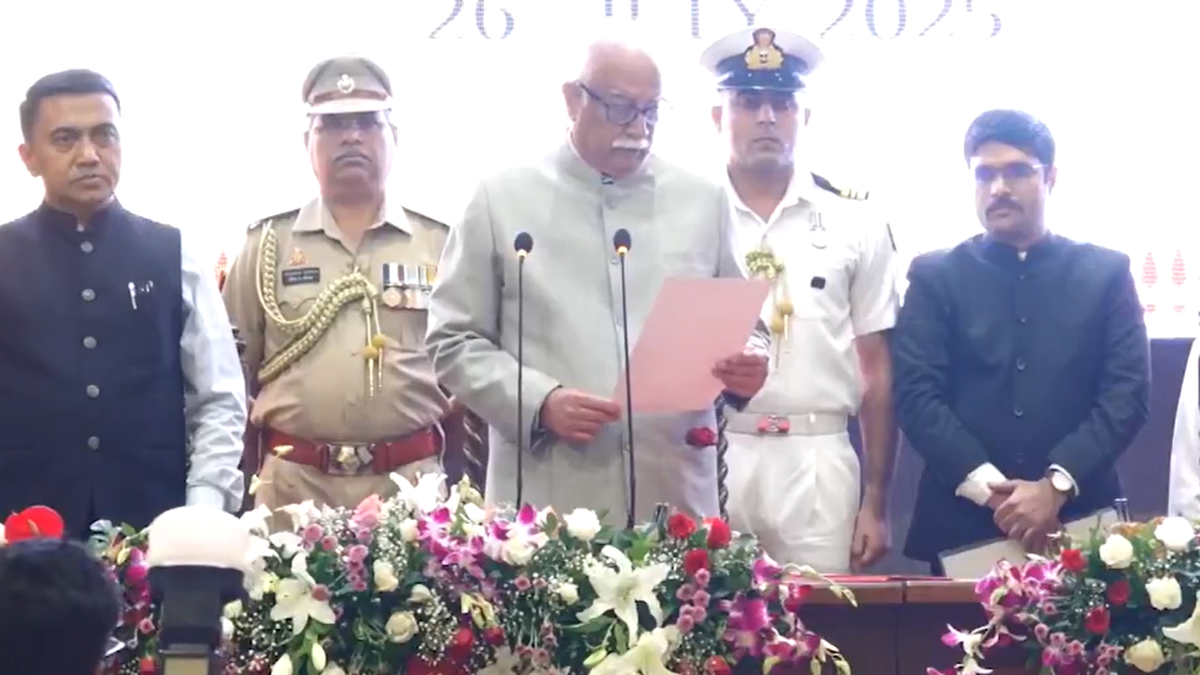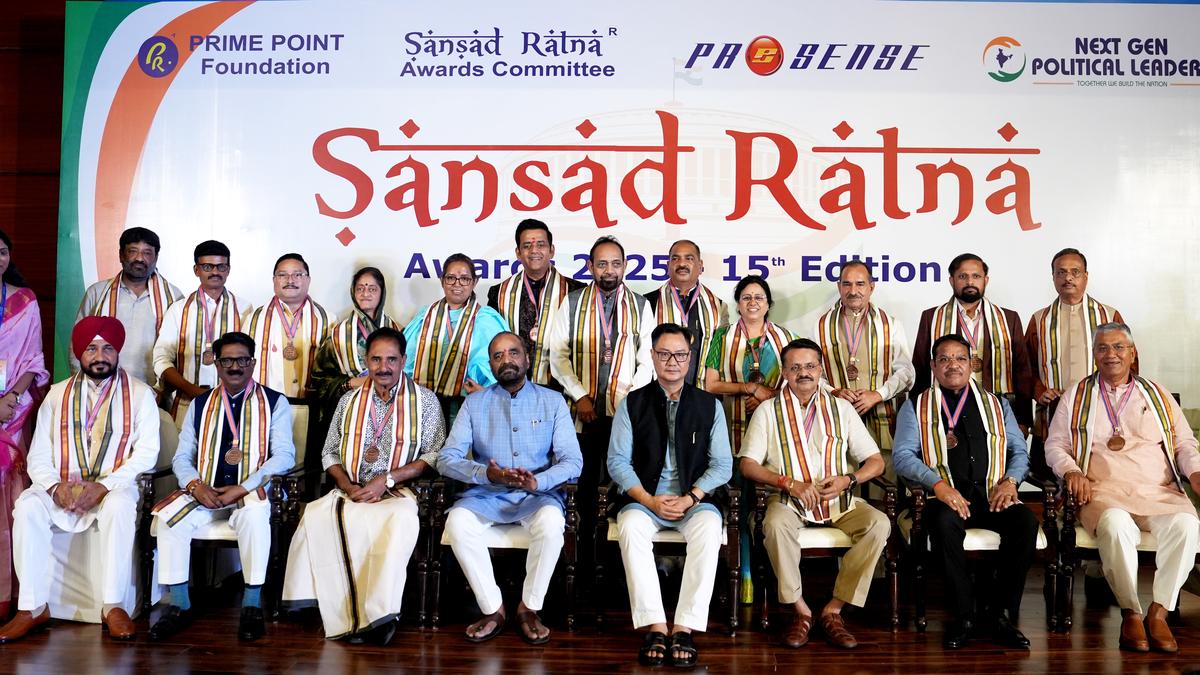Now Reading: Maoist Leader Nagaraju and Wife Surrender to DGP Harish Kumar Gupta
-
01
Maoist Leader Nagaraju and Wife Surrender to DGP Harish Kumar Gupta
Maoist Leader Nagaraju and Wife Surrender to DGP Harish Kumar Gupta

Swift Summary:
- Incident: CPI (Maoist) East Bastar divisional committee in-charge Jorige Nagaraju and his wife Medaka Jyoteeswari surrendered too police authorities in Vijayawada on July 26, 2025.
- Background: Nagaraju had been part of the banned Maoist party for 34 years and carried a ₹20 lakh bounty. His wife Aruna worked wiht the group for 30 years with a ₹5 lakh reward on her head.
- Roles and Activities:
– Nagaraju joined Radical Students Union (RSU) in 1991, progressed into People’s War Group, and participated in several cases including attacks on police. He held key positions across multiple Maoist regions.
– Aruna served as divisional committee member responsible for Mobile Academic Political Organisation School (MAPOS).
- Rehabilitation Program: They cited disillusionment due to ideological dissatisfaction, lack of public support, poor recruitment rates, and the deaths of senior cadres within the Maoist group as reasons for surrendering. Both received financial aid under India’s Surrender & Rehabilitation Policy.
- Police Raids: In Alluri Sitarama Raju district forests between July 23-25, police unearthed arms dumps containing weapons like AK-47s, ammunition supplies like BGL shells, telescopes, walkie-talkies among other equipment used by Maoists.
Indian Opinion Analysis:
The surrender marks another critical step towards combating insurgency by weakening internal cadres within CPI (Maoist). The couple’s decision highlights strategic challenges facing armed extremist groups today-loss of leadership figures coupled with declining public support appear to impede their operational capacity. This outcome underscores how government policies like Surrender & Rehabilitation can incentivize reintegration into society while disrupting organized militancy.
Significant arms seizures following this incident provide insight into continuing preparedness among core extremist factions despite diminishing influence. For India overall-successful deradicalization efforts contribute not only toward regional stability but also signal ongoing improvements in counterinsurgency operations focusing heavily on reducing violent extremism through negotiation frameworks alongside action.Read More
























